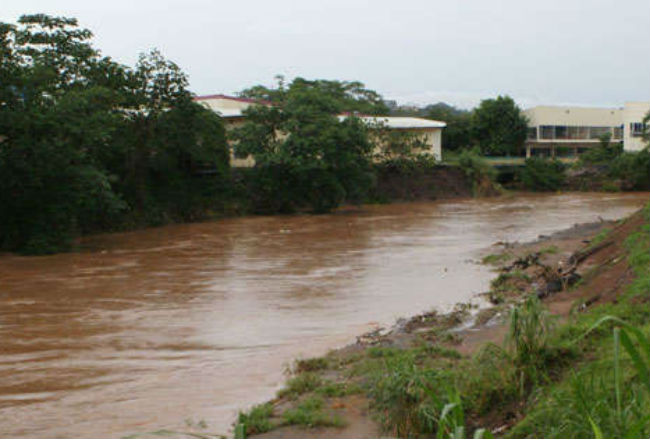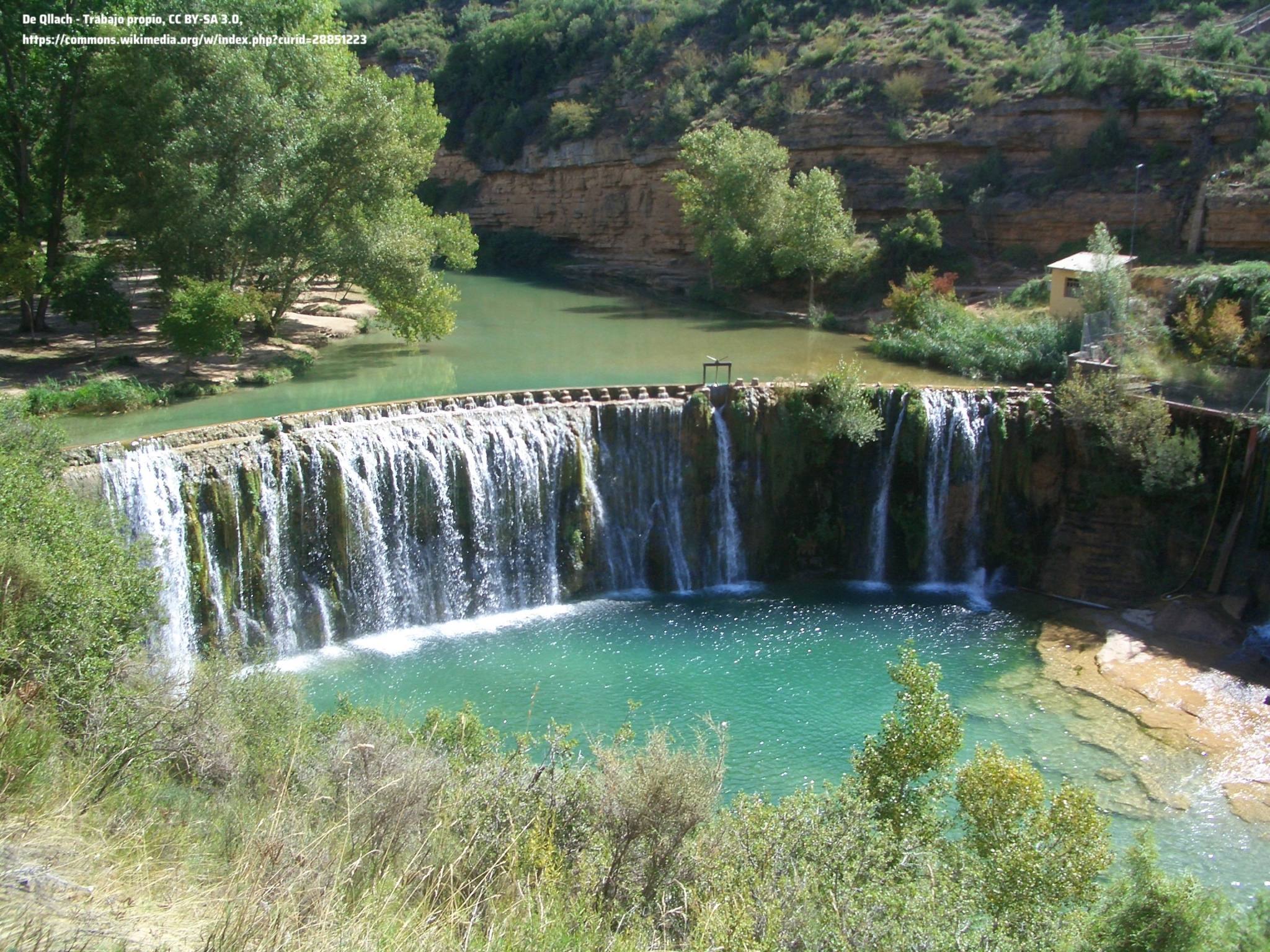
FLOODING RISKS
Knowing the hydraulic behaviour of watercourses is the fundamental basis for the planning of integral strategies that make it possible to make the protection of people and goods against floods compatible.
This definition can be made with very different degrees of detail and methodological approaches. At IHCantabria our experience ranges from the development and application of one- and two-dimensional models to the characterisation of floods in different types of watercourses, to the analysis of floods by means of satellite images.
IHCantabria has carried out studies on forecasting and characterisation of flood risks in fluvial systems, as well as various works on the definition of channels and defences, protection and recovery of margins or planning and management of fluvial spaces.
Consideration of environmental protection and recovery criteria and impact minimisation is today a crucial aspect when designing or repairing hydraulic works.
Our experience at IHCantabria in this field is based on a deep knowledge of the hydraulic aspects of infrastructure design, and on an integral conception of the management of water systems.
AREAS OF EXPERTISE
Flood management (Directive 2007/60/CE)
Evaluation and management of flood risks regionally, nationally and internationally.
Development and use of specific mathematical tools
Stochastic study of extreme flow rates
Definition of boundary conditions at the mouths of rivers
Analysis of the combination of river flows and sea states associated with different combinations of tide and waves.
Design of fluvial measures
Flood prevention.
Sustainable recovery of degraded river areas.
Hydraulic analysis of infrastructures
AREAS OF EXPERTISE
Flood management (Directive 2007/60/CE)
Evaluation and management of flood risks regionally, nationally and internationally.
Development and use of specific mathematical tools
Stochastic study of extreme flow rates
Definition of boundary conditions at the mouths of rivers
Analysis of the combination of river flows and sea states associated with different combinations of tide and waves.
Design of fluvial measures
Flood prevention.
Sustainable recovery of degraded river areas.
Hydraulic analysis of infrastructures
PARTNERSHIPS
Recently IHCantabria has collaborated with the IDB in the development of the methodology of prioritization of interventions of the CES initiative and has elaborated risk maps for natural disasters, including the effect of climate change.
Thanks to the proposed risk reduction measures, several of these cities have already begun works and actions that will make them more sustainable and resilient, benefiting more than 8 million people.

SIGNIFICANT PROJECTS
SIGNIFICANT PROJECTS
Comprehensive study of flood mitigation actions in the Juan Diaz basin
Definition of flood zones in the Juan Diaz basin for different probabilities of occurrence through mathematical modeling, taking into account the extraordinary floods in the basin and the influence of tides. Mitigation activities.
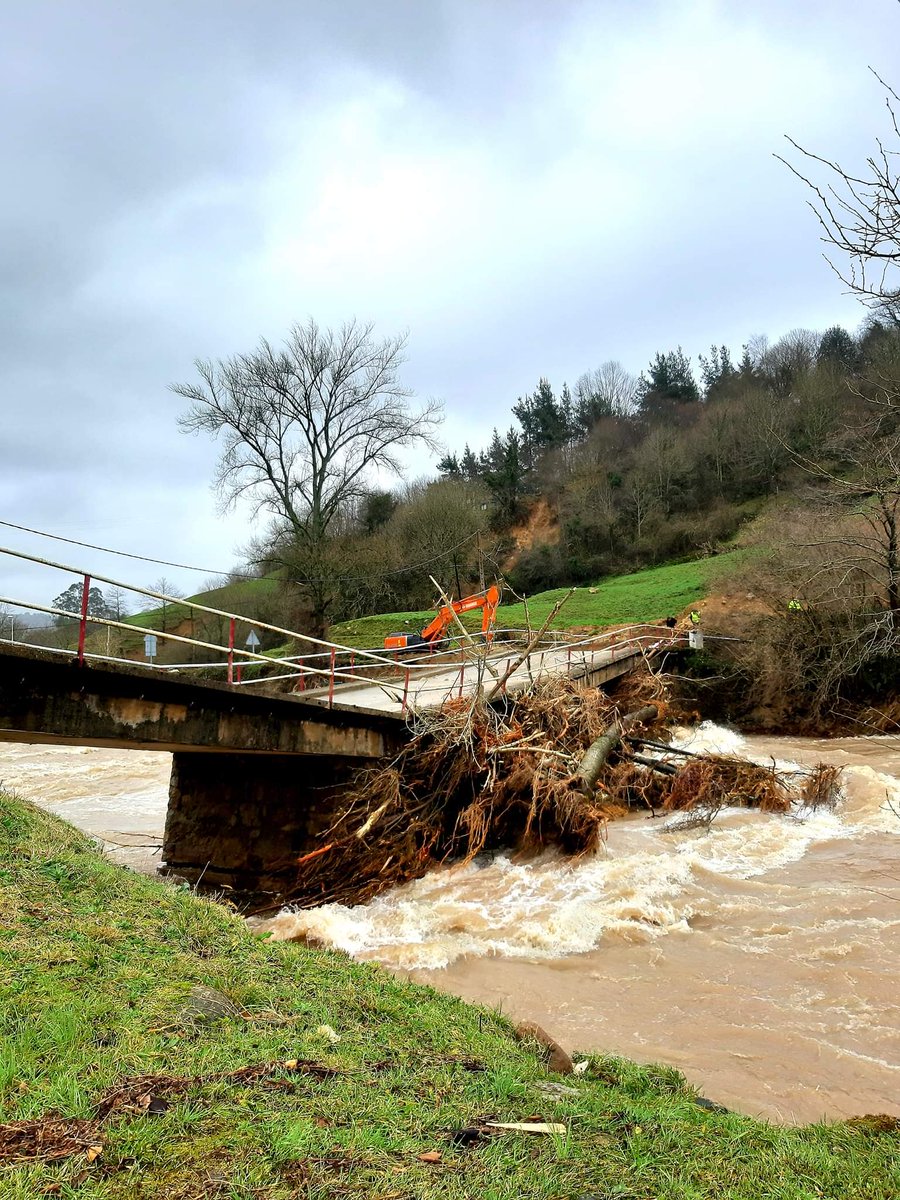
Development of the technical and cartographic documentation to draft the civil protection plan against flooding for the Region of Cantabria. (INUNCANT)
Development of flooding hazard and risk maps through mathematical modeling of the hydrology and hydraulics of the rivers and main tributaries in the basins of Cantabria.
Studies of Urban Development and Climate Change in Belize City (Belize)
The study is part of the Emerging and Sustainable Cities Initiative launched by the Inter-American Development Bank (IDB) to promote the sustainable development of various cities in Latin America and the Caribbean, and thus contribute to improving the quality of life in these cities in terms of environmental, urban and fiscal sustainability. The studies carried out have focused on: a) the evaluation of climate change mitigation measures, b) the evaluation of risks and vulnerability to disasters associated with climate change, considering the main natural hazards in Belize City (rain, river and coastal flooding) and c) the analysis of urban growth.
Hydraulic study for the project to reinforce and improve the viaduct over the Alcanadre River (Huesca) P.K. 092/546
Analysis of the flow behavior in the area of the bridge and its vicinity before the flood waters subside. Design and scaling of the main protective elements for the foundation of the bridge, which was bare and at risk of collapse, and the surrounding areas thereof, in an effort to improve the direction of the flow.
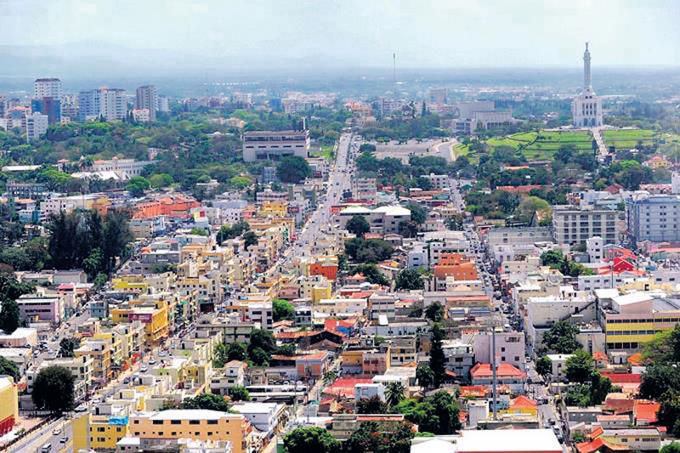
Urban development and climate change studies in Santiago de los Caballeros (Dominican Republic)
Development of flooding hazard and risk maps through mathematical modeling of the hydrology and hydraulics of the rivers and main tributaries in the basins.
INVESTIGATION FOR THE ACQUISITION OF NEW KNOWLEDGE FOR THE IMPROVEMENT OF THE SMC (COASTAL MODELLING SYSTEM) “SMC2020”
The general objective of SMC2020 is to acquire new knowledge on the combined effect of erosion-flooding in coastal areas for the improvement of the Coastal Modeling System (SMC). To this end, new models of flooding and morphodynamic evolution are being developed, which will later be integrated into a methodology to address joint erosion-flood problems. The results of this project will be of great help for the management of flood risks and the provision of climatic services associated with beach morphodynamics.
Learn More
SOFTWARE AND TOOLS
LET’S TALK.
Would you like to know how we can help you?
Send me a message. I will get back to you as soon as possible
LET’S TALK.
Would you like to know how we can help you?
Send me a message. I will get back to you as soon as possible

JORGE ROJO
Researcher || Flooding Risk Expert
We advise you that your personal data will be processed by FUNDACIÓN INSTITUTO HIDRÁULICA AMBIENTAL DE CANTABRIA, in order to manage your request and maintain professional and commercial relations with you. Your data will not be transferred to third parties. This data treatment is necessary to attend your request. Your data will be kept until you unsubscribe from the service and/or after a reasonable time has passed since we attended to your request. You can exercise your rights of access, rectification, cancellation, opposition, portability and limitation of the processing of your data by contacting the FUNDACIÓN INSTITUTO HIDRÁULICA AMBIENTAL DE CANTABRIA, PCTCAN C/ISABEL TORRES, 15, 39011 SANTANDER (CANTABRIA), or rgpdihcantabria@unican.es with a copy of your ID card duly accrediting your identity. In any situation, you have the right to file a complaint with the Spanish Data Protection Agency (AEPD)


